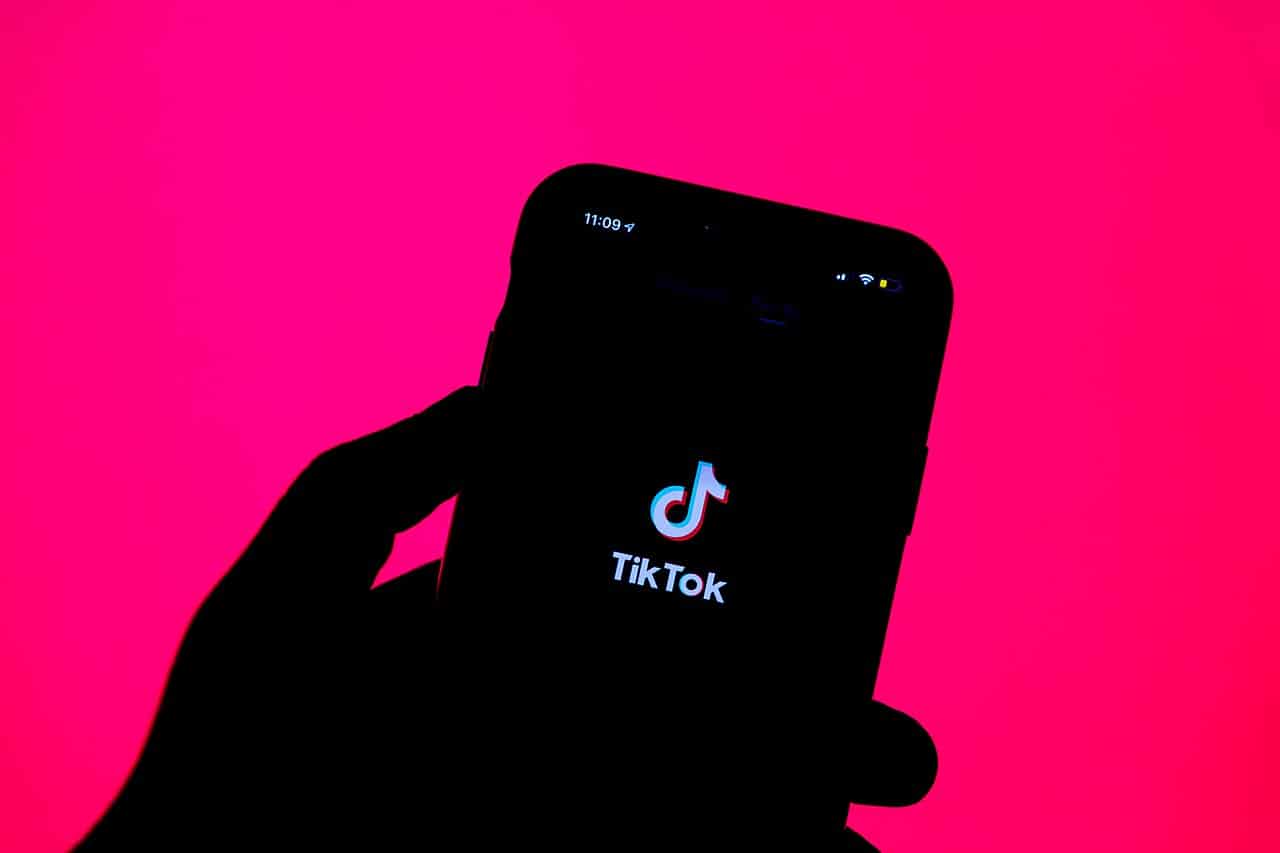
US Prez Biden signs new bill that would ban TikTok if Bytedance doesn’t sell it in a year
[Update]: Joe Biden, US President, has signed the bill, making it a law, ensuring that the Chinese-owned TikTok will be banned unless it is sold within a year.
[Original article]: The wildly popular short-form video app TikTok is now facing an uncertain future in the United States. In a new development that adds to the geopolitical tensions between the US and China, the US Senate passed a bill with the potential to trigger a ban within a year (which will be implemented if President Biden now signs it to make it a law). In other words, the legislation can compel TikTok’s parent company, ByteDance, to divest its U.S. operations within a strict timeframe or risk facing a nationwide ban.
This development is hardly unexpected, given that TikTok has been a focal point of controversy among US policymakers for several years, with fears mounting over potential Chinese government access to user data. In fact, there have been concerns over potential Chinese government access to user data. U.S. authorities, including the FBI, have sounded the alarm over ByteDance’s alleged ties to the Chinese government and its ability to influence content on the platform. For its part, TikTok has consistently denied these allegations, citing its independence from the influence of the Chinese government. The newly approved bill, titled the Protecting Americans from Foreign Adversary Controlled Applications Act, has gained bipartisan support, having cleared the House of Representatives before making its way through the Senate.
“Tonight, a bipartisan majority in the Senate joined the House to answer history’s call at this critical inflection point. Congress has passed my legislation to strengthen our national security and send a message to the world about the power of American leadership: we stand resolutely for democracy and freedom, and against tyranny and oppression. I will sign this bill into law and address the American people as soon as it reaches my desk tomorrow so we can begin sending weapons and equipment to Ukraine this week,” Biden announced in an official statement on the matter.
The legislation, piggybacked on a larger foreign aid package for Ukraine and other allies, throws down a significant challenge for ByteDance, TikTok’s Chinese parent company. The bill mandates ByteDance to divest its US operations within a strict timeframe. Failure to comply would result in a ban, effectively shutting down TikTok’s accessibility in the US. This would mean app stores like Apple’s App Store and Google Play would be prohibited from offering TikTok for download, and web hosting services would be barred from supporting the app. President Biden’s anticipated signing of the bill sets the stage for a potential earthquake in the US social media landscape. For now, American TikTok users can continue using the app as usual.
Under the terms of the bill, ByteDance has been given a maximum of 12 months to divest TikTok’s U.S. operations or face severe repercussions, including a ban from U.S. app stores and web hosting services. ByteDance, for its part, has vehemently opposed the legislation, arguing its constitutionality and threatening legal action if enacted. “It is unfortunate that the House of Representatives is using the cover of important foreign and humanitarian assistance to once again jam through a ban bill that would trample the free speech rights of 170 million Americans, devastate 7 million businesses, and shutter a platform that contributes $24 billion to the U.S. economy, annually,” read a post by TikTok Policy on X.
It is unfortunate that the House of Representatives is using the cover of important foreign and humanitarian assistance to once again jam through a ban bill that would trample the free speech rights of 170 million Americans, devastate 7 million businesses, and shutter a platform…
— TikTok Policy (@TikTokPolicy) April 18, 2024
Millions of American users who rely on TikTok for entertainment, self-expression, and even income generation (through content creation and brand partnerships) could face major problems with the ban. Finding alternative platforms with similar features and reach might not be seamless. Businesses, especially smaller ones, who leverage TikTok for marketing and advertising could lose a valuable platform to connect with a large and engaged audience. This could be particularly detrimental for businesses that have built a strong presence on TikTok and rely on it for customer acquisition as well.


